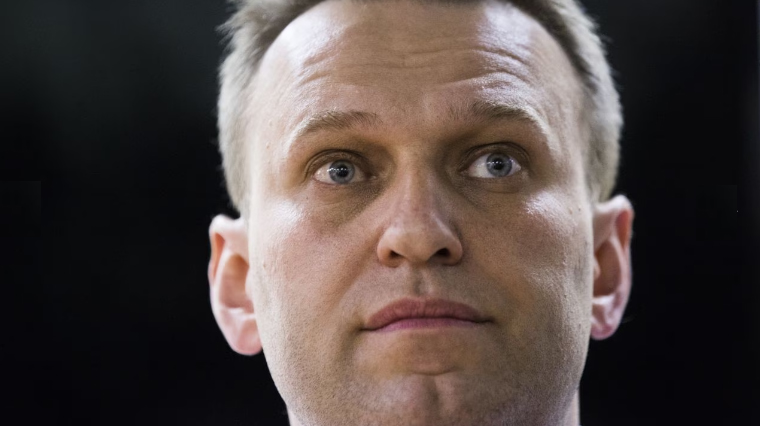
The death of Alexei Navalny affected me deeply. To all appearances he was an energetic man of great resilience, having recovered from poisoning and subjected to harsh incarceration. Video of him on his last day of life shows him cheerful, smiling, and engaged; what was going on inside of him I can only guess.
In a conversation with my friends, one of them expressed a lack of understanding of what she called his “martyrdom.” He must of known he’d be killed when he returned to Russia, she said. I think that’s probably true. It raises the question, under what circumstances does a person sacrifice his or her own life, and in what way is that a reasonable option?
People sacrifice their lives for a cause, sometimes because they have made an oath to do so if necessary, as in military service, and sometimes because they feel their lives are in service to a higher cause. The Reverend Martin Luther King knew he was risking his life for a cause and remained committed to non-violence in its pursuit. “I may not be there to join you,” he told his followers in a speech about “the promised land.” I don’t think he wanted to be a martyr, but he knew the risks he was taking were great and might come at the cost of his life.
The elevation of martyrdom to a materialistic accomplishment is something altogether different. Martyrdom as a path to Heaven or paradise-after-death relies on a supernatural belief system having little or nothing to do with the higher causes of human society. When self-sacrifice is tied to otherworldly reward it becomes just another manifestation of ego, like the actions of suicide bombers or death-by-cop mass murderers. This is a world apart from Navalny’s death.
Navalny told his followers if he’s killed “it means that we are incredibly strong.” He understood that his mere existence posed a threat to the Kremlin’s power, and that his life represented the collective aspirations of millions of Russian people. I don’t think he wanted to die, but he accepted that he might. Having survived a potent nerve poison, he may well have felt that he’d already died once, and that death is no big deal.
“It’s all right Ma, it’s life and life only,” sang Bob Dylan in 1965, as the war in Vietnam was ramping up and eventually would take the lives of 50,000 American boys. He was no Navalny, but Bob Dylan was a strong voice for a generation that said “no” to war, and he had to know his public stance was dangerous. Mohammed Ali stepped out and took a risk as well and could easily have been killed. Like John Lennon, anyone who becomes a controversial public figure risks being murdered.
The urge to live is powerful, perhaps the most powerful force in human life. Our survival instinct has enabled humanity to endure. In us, that instinct has been modified by mind, a mind that has awareness and knowledge of the inevitability of death. Perhaps Navalny, in making his deadly choice to return to Russia, had placed his heart and mind on something bigger and more important than himself. In Buddhist terms, he followed the Bodhisattva path, willingly giving up his life to better humanity and society.
Thus it is I mourn for Navalny, not as a martyr, but man who gave his all for the benefit of others.
Insightful. How would you view a group if say 100 us citizens who chose to go to Rafah abd stand in the way of israeli soldiers and invasion?
Impossible to say. Depends upon the personal history and psychology of each individual. Group psychology is an altogether different animal.